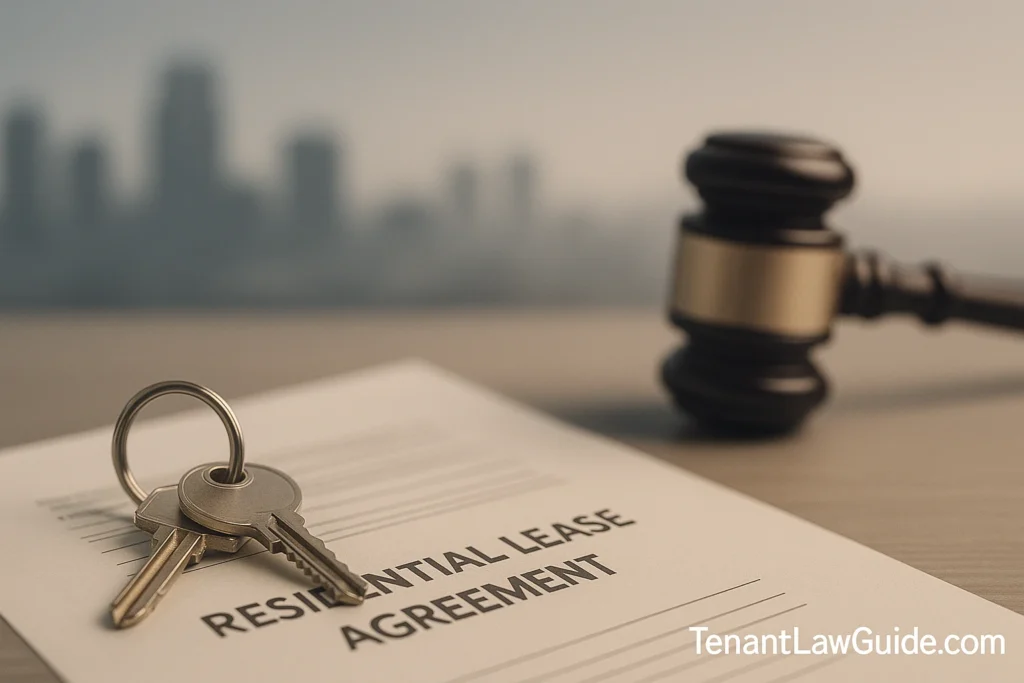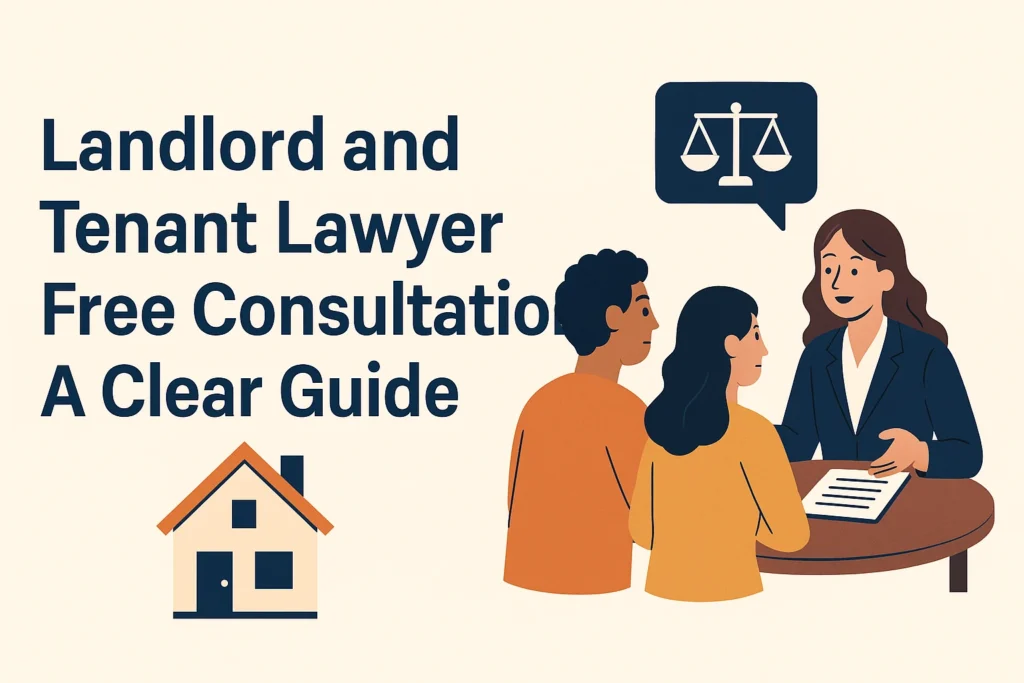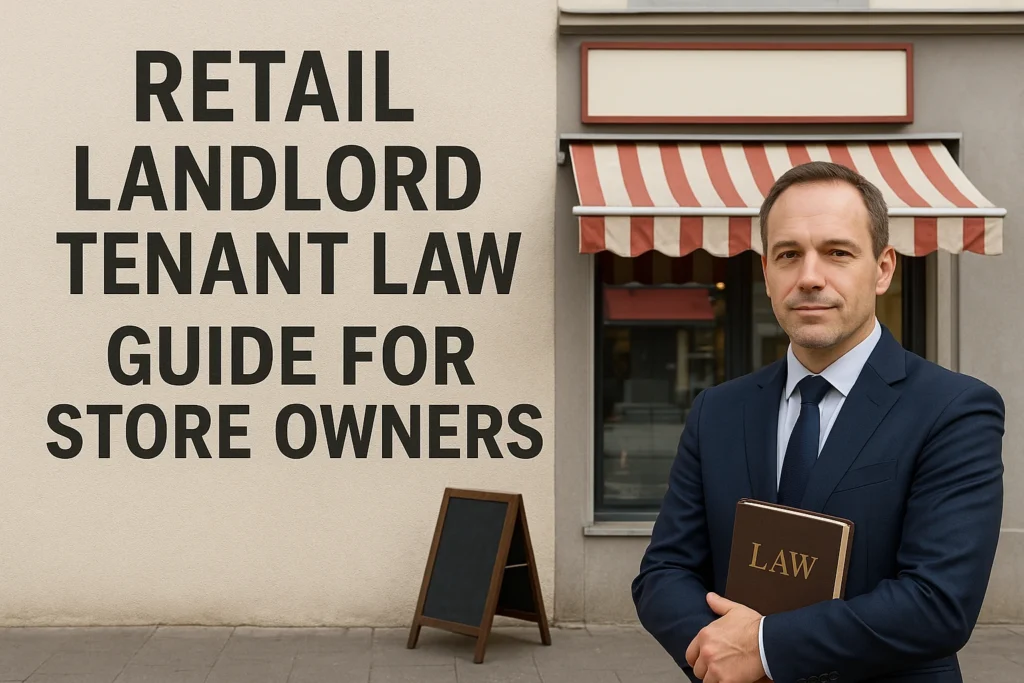Many people have heard the phrase “possession is 9th 10th of the law.” It sounds powerful. It feels like a shortcut to winning any dispute over property.
Is it a real law? Does it work in every case? Or is it just a saying with no legal weight?
This article breaks down the meaning behind this phrase. It shows how the idea of possession affects legal rights, especially in property and civil law.
It also explains when possession helps and when it does not. If you’ve ever wondered about this saying or faced a fight over ownership, this guide can help you understand where you stand.
What Does “Possession Is 9th 10th of the Law” Mean?
The phrase “possession is 9th 10th of the law” means that when you control an item, the law often treats you as the owner. It does not grant full title just because the thing sits in your hands.
It puts you in a strong spot until another person shows better proof. Courts use that first step to keep order and protect peace. Evidence can still defeat possession when a clear record exists.
This phrase grew out of old ideas about property. In earlier times, people believed that the person who kept physical control had most of the legal strength in a dispute.
That view moved into modern rules, though not as a written statute. Judges may not quote the words, yet their choices often show the same logic. They treat open control as a serious clue in many cases that involve ownership and use.
Possession shows control and use in plain sight. You hold the thing where others can see it. If you keep an item, live in a home, or drive a car, the law often assumes you belong there or have a right to it.
That presumption can shield you even when you lack a deed or a bill of sale. The shield stays in place until a rival comes forward with clear, strong proof that points to a better claim.
Is This a Real Legal Rule?
No law says possession is exactly “9th 10th” of anything. The phrase is a figure of speech. Still, the idea behind it has power in real courts. Laws in many states give weight to possession.
Judges look at who controls an object or land. They ask how long the person has held it. They want to know how that person got it.
In property law, possession often starts the case. The other side must prove its ownership. If they fail, the person who holds the item or land wins. That’s where the phrase gets its strength. It’s not a law, but it works like a legal advantage.
Courts also see value in peace. If someone holds land or a car without trouble, the law wants to keep things stable. Sudden claims by others can cause conflict. So possession becomes a way to protect what feels normal and fair.
When Possession Can Help You in a Legal Dispute
Imagine someone lends you a painting. Years pass, and they never ask for it back. One day, they claim you stole it.
You say you’ve had it all this time, out in the open, with no lies or secrets. In a case like this, possession can help you win.
In landlord-tenant issues, tenants live in a home and pay rent. If the landlord tries to force them out without notice or court orders, the tenant’s possession becomes a shield.
The law does not allow sudden action. Possession helps the tenant stay until a judge decides what happens next.
Even in divorce or breakup cases, possession plays a role. If one partner moves out and leaves items behind, the other partner may take control.
Unless the person who left proves ownership, the one who stayed may keep the items. Again, possession matters.
When Possession Does Not Guarantee Ownership
Possession does not always win. If you steal a car, you may sit behind the wheel, but the law will never call you the owner.
If someone has receipts, titles, or witnesses, their proof can break your claim. Courts look at full stories, not just who holds what.
Also, possession that hides from view may not help. If you hide a diamond ring that belongs to someone else, the court may favor the person who can show they owned it before it vanished. Secret or wrongful possession does not give legal power.
Some laws also allow owners to recover lost or stolen property after many years. This means your possession may lose strength over time, especially if the real owner returns with strong proof. The law supports fairness, not just control.
Common Examples in Everyday Life
Let’s say you buy a used bike at a yard sale. You ride it for months. One day, someone knocks on your door. They say it’s their stolen bike from last year.
They bring an old photo but no receipt or police report. You’ve cared for the bike and have it in your garage. In a court case, you might win because you have possession, and the other side lacks firm proof.
Now picture a rental case. A tenant lives in an apartment. The lease ends, but the landlord wants them out without notice. Even though the lease expired, the tenant still has possession.
The landlord must go to court to remove them. The tenant’s possession creates a barrier that protects them, at least for a while.
Or think of family items. A grandparent passes away. One child takes home old furniture, believing they have the right. Another child disagrees and files a claim.
Courts will ask who has the item, how they got it, and what proof the other side brings. Again, the person with possession may hold the upper hand unless clear documents show otherwise.
Why Courts Care About Possession
Possession shows use. It shows connection. Someone who has a house, car, or object often has some tie to it. Courts use possession as a clue when facts are missing.
They want to keep peace, not cause chaos. They want to protect honest people who act in the open.
Courts also want to prevent fraud. If someone could just claim they own something without proof, anyone could lose their property. Possession works as a kind of first layer of defense.
It keeps claims in check. It pushes people to gather real evidence before going to court.
That’s why many judges start with a simple question: “Who has it now?” Then they ask, “How did they get it?” If the story fits, the person with possession might win.
Does Possession Mean You Own It Forever?
No. Long-term possession can turn into legal ownership in some cases, but not always. In real estate, there’s a rule called adverse possession.
It allows someone who uses land for many years, without permission, to become the legal owner. This rule takes time and clear conditions.
In most other cases, possession just holds the place until proof shows up. If someone brings a title, deed, or contract, the court may shift power.
Possession can lose to paper. So if you hold something, don’t assume you win forever. Be ready to explain how and why you got it.
Bottom Lines
The phrase “possession is 9th 10th of the law” may not come from a law book, but its message still matters. Possession gives power.
It protects people in court. It makes others prove their claims. That’s why it has survived for so long.
Still, possession is not full ownership. It helps, but it is not everything. If you have something, treat it with care.
If someone challenges you, know your rights. If you claim something, bring proof. Courts want truth, not just control.
So the next time you hear this old saying, remember what it really means. Possession helps. It protects.
But it works best when backed by honesty, fairness, and facts. That’s how the law really sees it.
Disclaimer: This article provides general legal information. It does not create an attorney-client relationship.



